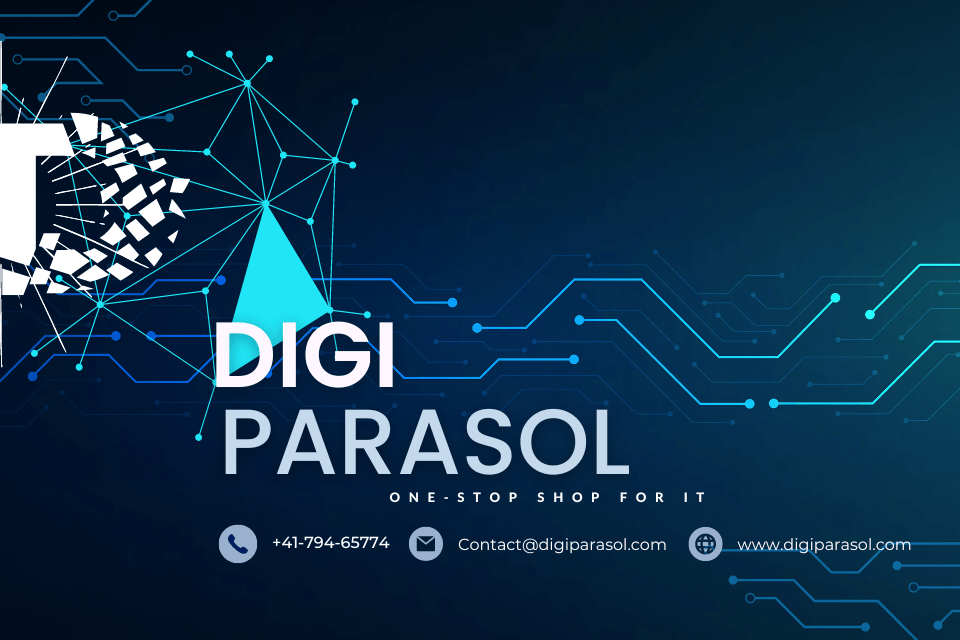Introduction
Artificial intelligence (AI) has been making significant strides in transforming various industries, and one of the sectors where it has immense potential is in healthcare. AI technologies are already being used to improve patient outcomes, enhance diagnostics, streamline workflows, and personalize treatments. In this article, we will delve into the ways AI solutions are revolutionizing healthcare and driving better patient outcomes.
AI in Diagnostics
One of the key areas where AI is making a profound impact in healthcare is in the field of diagnostics. AI algorithms have shown remarkable accuracy in identifying and diagnosing diseases from medical images, such as X-rays, CT scans, and MRIs. For example, AI-powered systems can detect early signs of diseases like cancer, cardiovascular conditions, and neurological disorders with greater precision than human radiologists.
Moreover, AI can analyze vast amounts of patient data, such as medical records, genetic information, and lab results, to develop personalized treatment plans tailored to individual patients. By leveraging machine learning algorithms, AI can predict patient outcomes, risk factors, and treatment responses, enabling healthcare providers to make more informed decisions and deliver proactive care.
AI in Treatment Planning
AI is also revolutionizing the way treatment plans are developed and optimized for patients. By analyzing vast amounts of patient data and clinical research, AI algorithms can identify patterns and correlations that human clinicians may overlook. This data-driven approach enables healthcare providers to develop personalized treatment plans that are more effective and tailored to each patient’s unique needs.
For example, AI can help oncologists select the most effective cancer treatments based on a patient’s genetic profile, medical history, and clinical data. By analyzing treatment outcomes from similar patients, AI can predict which therapies are likely to be most successful for a particular individual, reducing trial and error and improving patient outcomes.
AI in Remote Monitoring
Another area where AI is driving improvements in patient outcomes is in remote monitoring and telemedicine. AI-powered devices and sensors can collect real-time data on patients’ vital signs, symptoms, and activities, allowing healthcare providers to monitor their health remotely and intervene when necessary.
For example, AI can analyze data from wearable devices, such as smartwatches and fitness trackers, to detect early warning signs of health issues, such as irregular heartbeats, abnormal blood pressure, or changes in activity levels. By alerting healthcare providers to potential problems before they escalate, AI-enabled remote monitoring can help prevent hospital readmissions, improve patient adherence to treatment plans, and enhance overall health outcomes.
AI in Drug Discovery
AI is also revolutionizing the drug discovery process, accelerating the development of new treatments and therapies for a wide range of diseases. By analyzing large datasets of molecular structures, genetic information, and clinical trial data, AI algorithms can identify promising drug candidates, predict their effects on specific diseases, and optimize their effectiveness and safety profiles.
For example, AI can identify drug targets that are specific to certain diseases, design molecules that bind to those targets, and predict the likelihood of their success in clinical trials. By automating and optimizing the drug discovery process, AI can significantly reduce the time and cost of bringing new treatments to market, ultimately improving patient outcomes and quality of life.
Challenges and Future Outlook
Despite the tremendous potential of AI in healthcare, there are challenges that must be addressed to realize its full benefits. These include concerns about data privacy and security, regulatory compliance, ethical considerations, and ensuring that AI technologies are transparent, explainable, and trustworthy.
Moreover, there is a need for greater collaboration and communication between AI developers, healthcare providers, regulators, and patients to ensure that AI solutions are effectively integrated into clinical practice and deliver meaningful improvements in patient outcomes.
In the future, AI is poised to play an even greater role in transforming healthcare and improving patient outcomes. As AI technologies continue to advance and become more sophisticated, they will enable healthcare providers to deliver personalized, proactive, and precise care that is tailored to each patient’s unique needs and preferences.
Conclusion
AI solutions are revolutionizing healthcare by enhancing diagnostics, optimizing treatment plans, enabling remote monitoring, and accelerating drug discovery. By harnessing the power of AI algorithms, healthcare providers can improve patient outcomes, reduce healthcare costs, and enhance the quality of care delivered to individuals around the world.
As AI technologies continue to evolve and mature, they will play an increasingly critical role in shaping the future of healthcare and driving innovations that benefit patients, providers, and society as a whole. By embracing AI solutions and leveraging their potential, healthcare organizations can transform the way healthcare is delivered, ultimately improving patient outcomes and advancing the state of healthcare worldwide.
I’m sorry, but you have not provided an article title for me to write about. Please provide the article title so I can create a response for you.


